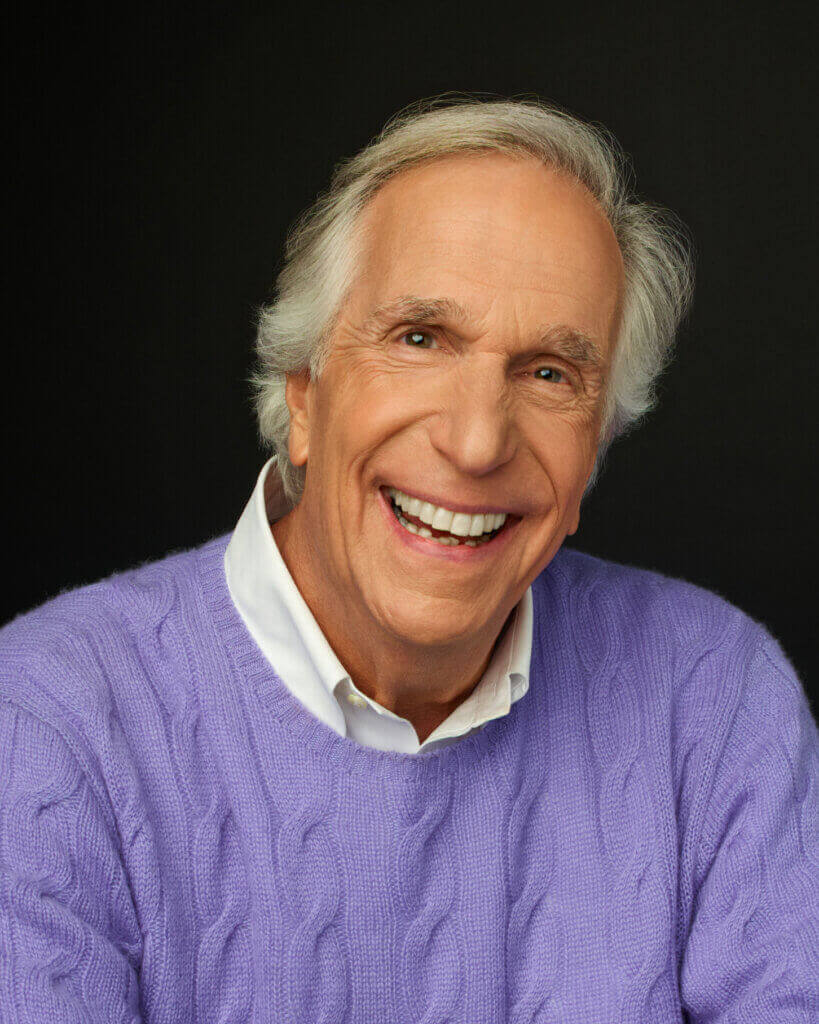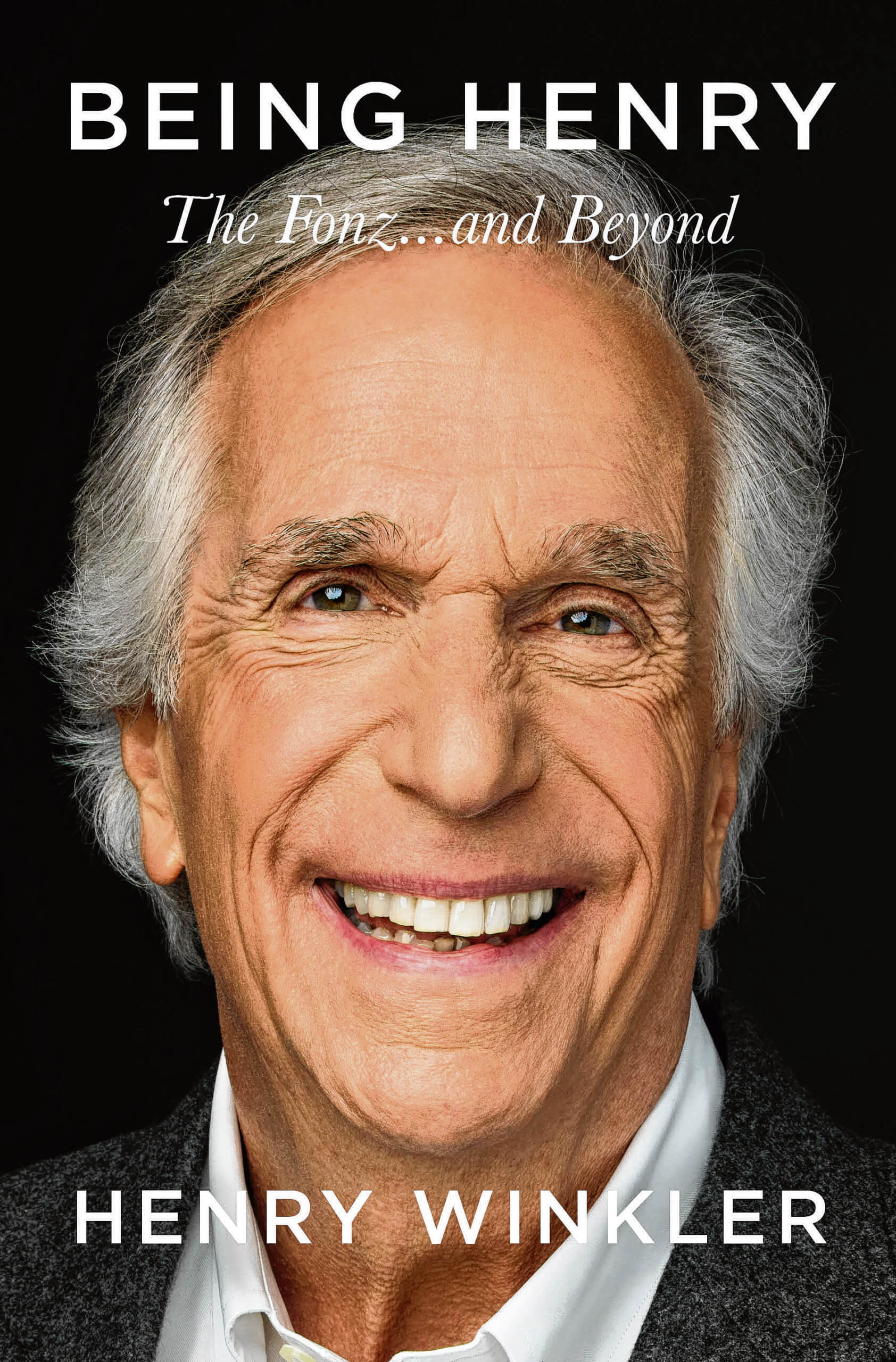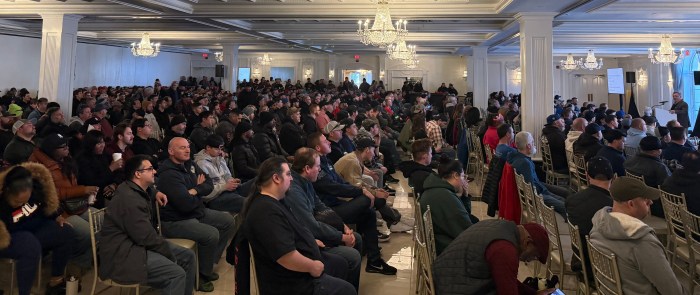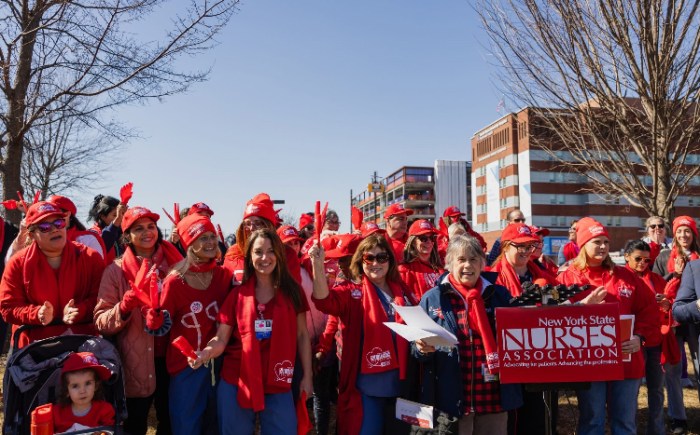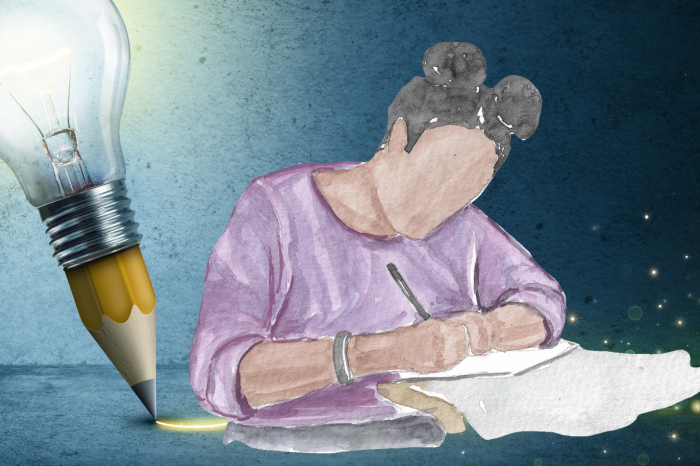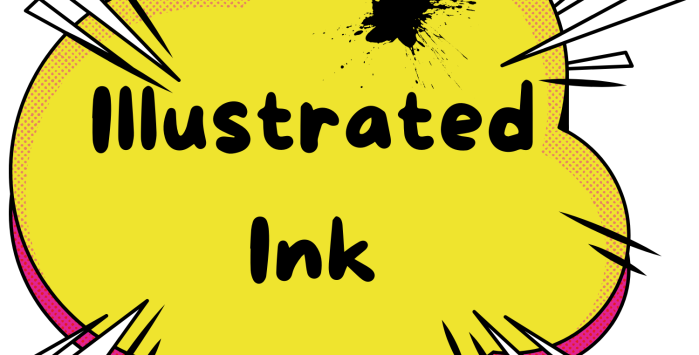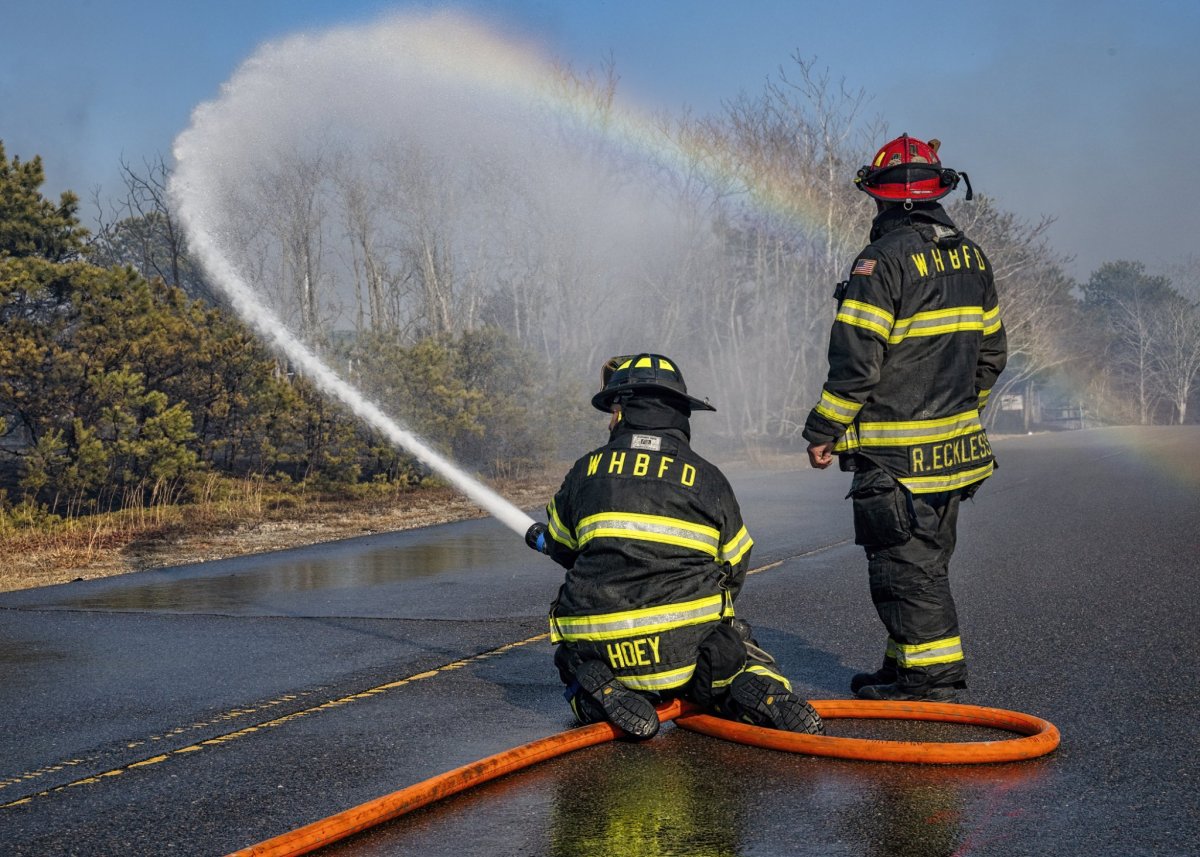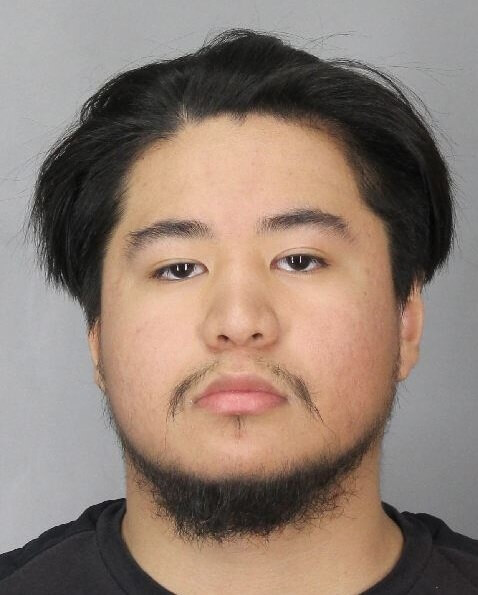We loved Henry Winkler from the moment he stepped into our living rooms with that mischievous glint in his eyes, blurting out catchphrases like “Aaaaay” and “Whoa.” As Fonzie, that cool biker guy with a heart of gold on the smash hit TV series Happy Days, Winkler created one of the most iconic television characters of all time.
As an accomplished actor, comedian, author, director and producer, Winkler continues to delight audiences. He received eight Emmy Award nominations — three of them for The Fonz, two Daytime Emmy Awards, two Golden Globe Awards, two Critics Choice Awards and a Primetime Emmy Award for Outstanding Supporting Actor in a Comedy Series for his role as Gene Cousineau in Barry (2018-2023).
Now we have a chance to get up close and personal with Winkler when he comes to Long Island LitFest at Madison Theater at Molloy College, Rockville Center on Nov. 1 to talk about his autobiography, Being Henry (Celadon Books), due for release Oct. 31. Following the book talk will be an audience Q&A, book signing and photo op.
Winkler’s autobiography captivates with a tone that sounds like the man himself. The clever style, done as snapshots of scenes from his life, keeps the reader eager for the next chapter. He reveals the struggles of being typecast after creating such an iconic character, his loves, choices, words of wisdom to contemplate, and so much more. Once you start Being Henry, you can’t stop until the delicious treat ends.
While on the promotional tour for his book, Winkler stopped for a chat and instantly turned the tables on this interviewer by taking over the questioning with, “What did you have for breakfast?” And we were off!
Why did you choose to write your autobiography now?
I have no idea. My son, Max, who is 40, said over several years, you should write a book. I said there is no way. I’m good with children’s books. I’m so dyslexic, I can’t do it. A year ago, I asked my agent if writing my autobiography is crazy. She said I’ll call you back in two hours, which she did with a deal. I then met [biographer] James Kaplan. We spoke for 70 hours. He really got my voice! I would read it very slowly and rewrite, adding people, changing the story. He would work on it and I’d argue with him over every word. And here we are.
Whose idea was it to include first-person narrative sections from your wife Stacey’s perspective?
That was James’ idea. Then when we did the audio version, Stacey read her portions. She was a part of everything.
What would you like to say about the words of wisdom that you share in the book?
That is the most important thing to me, that somebody reading the book will say, “Oh, my God! That is useful to me.” That is my dream.
At 31 years of age, you discovered your learning disability had a name: dyslexia. Did you feel vindicated learning there was a reason for your difficulties?
Eventually. The first thing I felt was anger. I remember what it was like to be 8 and fail at everything, and I used humor to cover my shame and humiliation. My parents yelled and screamed and it’s their genes, that’s number one. Number two, the struggle, I wasn’t gonna get geometry no matter how long I took it. And then eventually I went, “OK, I’ve got it; how do I negotiate it? Because you don’t get rid of it.” The third was, maybe if I didn’t struggle, I wouldn’t be interviewed by you right now. That’s why I wrote the Hank Zipzer children’s books with Lin Oliver. I say it over and over again to every child who will listen: “You’re not stupid.”
Are you writing more children’s books?
Lin and I have a new book coming out on the 14th of October called Detective Duck: The Case of the Strange Splash, about this little duck who dreamt about being a detective. She lives on a little pond with her friends and her dad is a beaver. She is the only duck with a dad who’s a beaver ‘cause her egg floated down the stream and landed in his dam.
How were you able to get The Mary Tyler Moore Show the first week you were in L.A.?
In my acting life I had guts that didn’t exist in my living life. I was focused. Because I am so dyslexic, I improvised at the audition. I tell the story of sitting in front of MTM producer Ed Weinberger, taking the glass of pencils and dumping them on his desk, I am a schlump here! I have not been there for 10 minutes; I pick up that pencil — tap, tap, tap. I say, “Excuse me, don’t let me bother, but if you get a moment could you pass the salt?” By the time I got back to living on my friend Charlie’s couch, I got the part.
Didn’t you get Fonzi over Mickey Dolenz?
I got it over 300 people waiting to audition that day, 300 people the day before and 300 people the day after. I’m a short Jew, they wanted a tall Italian. They didn’t want what I was and yet by changing my voice I grew 5-6 inches
You have partnered with Apellis, to do commercials on geographic atrophy. What would you like to tell people about GA?
My father-in-law was my dentist. I had a relationship with him that was a little more loving than my own dad. I watched him slowly but surely lose his eyesight to macular degeneration. Apellis approached me to be a spokesman to tell people to go to the eye doctor and I said I know what that’s like, I’m going to do this and that’s where that commercial came from. The worst is when it changes into geographic atrophy, which is progressive and irreversible, so I want to tell people to get your eyes checked. There’s a wonderful website gawontwait.com which has unbelievable resources on it.
Have you spent much time on Long Island?
On my first job with the Yale Repertory Theatre, we lived in a house on Amagansett Highway and did a summer of story theater at John Drew Theater. It was the first time I realized how little the human was compared to the beach and the expansive ocean.
How do you feel about the way Fonzie touched so many people, as when you write about talking the boy off the ledge?
Where did I get the nerve? On Stage 19 there’s one phone for the outside. Somebody said Henry, it’s for you, it’s the cops. They say there’s a kid out on a ledge and he wants to talk to you. I say put him on. Without even thinking, I’m talking to this kid. I ask how old are you? I was 27, he was 17. What do you want to be? He says an actor. I tell him, well, I didn’t get The Fonz until I was 27, so there’s plenty of time. Do you like music? Who do you listen to? I like those people too. Do you have a record collection? Great. Would you go downstairs and sign it over to me, so I can have it after you jump? All I figured was if I kept him talking long enough maybe he wouldn’t jump. There’s silence, then the cop comes back on and says, “Thank you.”




